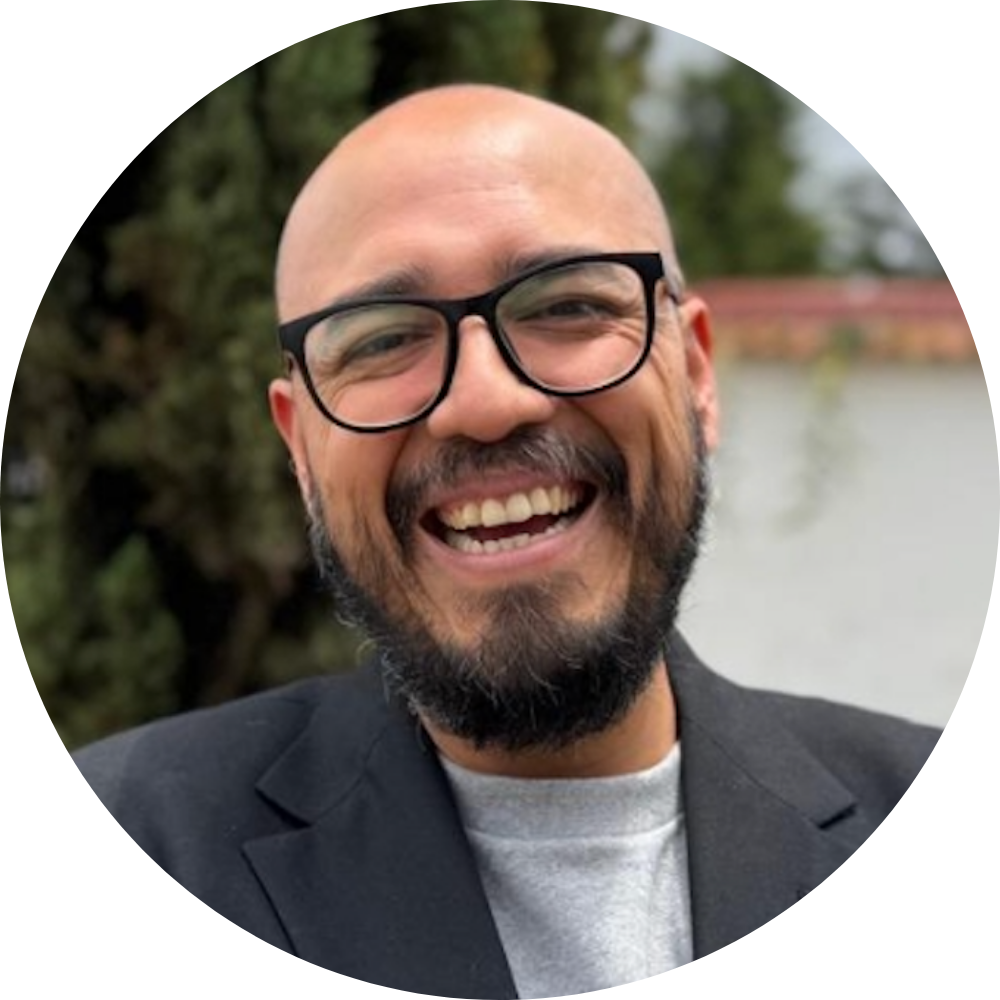Dr. Abelardo Romero Fernández


Dr. Abelardo Romero Fernández
Profesor Investigador de Tiempo Completo, Complejo Regional Nororiental, Benemérita Universidad Autónoma de Puebla, Mexico
Invited Speech: Connecting Classrooms, Transforming Perspectives: COIL as a Pathway to Global Citizenship
Biography:
Abelardo Romero Fernández is a Full-Time Professor and Researcher at the Northeastern Regional Campus of the Benemérita Universidad Autónoma de Puebla (BUAP) in Mexico, where he coordinates both the Tutoring and Mentorship Department and the Foreign Language (English) Department. He is a member of Mexico’s National System of Researchers (SNII) and belongs to the BUAP-354 Academic Body "Transdisciplinary Regional Studies."
He holds a Ph.D. in Education and a Master’s Degree in Higher Education from Universidad La Salle (ULSA), as well as Bachelor’s degrees in Modern Languages from BUAP and in Pedagogy from the National Autonomous University of Mexico (UNAM). He has participated as a speaker at several national and international conferences, including those organized by the British Council, BBELT, and MEXTESOL. He has also coordinated the Scholarships Department at his academic unit and is the author of various publications in the fields of higher education and English language teaching and learning at the university level.
His most recent publication is titled "Challenges and Contradictions between Teaching, Research, and Outreach in a Regional University Unit" and can be accessed in the journal Educación Superior y Sociedad (ESS), published by the UNESCO International Institute for Higher Education in Latin America and the Caribbean: https://doi.org/10.54674/ess.v36i2.972
Abstract:
In an increasingly connected world developing intercultural competences is not a luxury but a necessity. This presentation discusses a Collaborative Online International Learning (COIL) experience designed between psychology students at the Benemérita Universidad Autónoma de Puebla (BUAP), México and language students at the University of Maryland Baltimore County (UMBC), USA. The aim was to foster global citizenship through dialogue, teamwork, and critical reflection.
Using a qualitative approach, the study gathered weekly reflections from 42 participants over a four-week COIL module. Through open-ended questions and sematic network analysis, I was explored how students navigated cultural differences, language barriers, and digital collaboration. The findings reveal that beyond practicing English and Spanish, participants got involved in meaningful conversations that led them to mutual understanding, deconstruction of stereotypes, and a profounder appreciation of cultural diversity, an achievement not always easy to get between neighboring countries like Mexico and the U.S. Initial anxiety led to understanding, empathy, collaborative problem-solving, and a sense of shared responsibility. Students reported feeling more confident communicating across culture and at the same time more aware of their role as global citizens.
This session will share the methodology, key findings, and students´ voices to illustrate how COIL can serve as a practical and impactful way to integrate intercultural learning into university courses, particularly in contexts with limited access to physical mobility, such as Mexico. This session concludes by offering practical suggestions for designing low-cost, high impact COIL modules that promote the goals od SDG 4.7 and SDG 17.